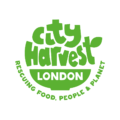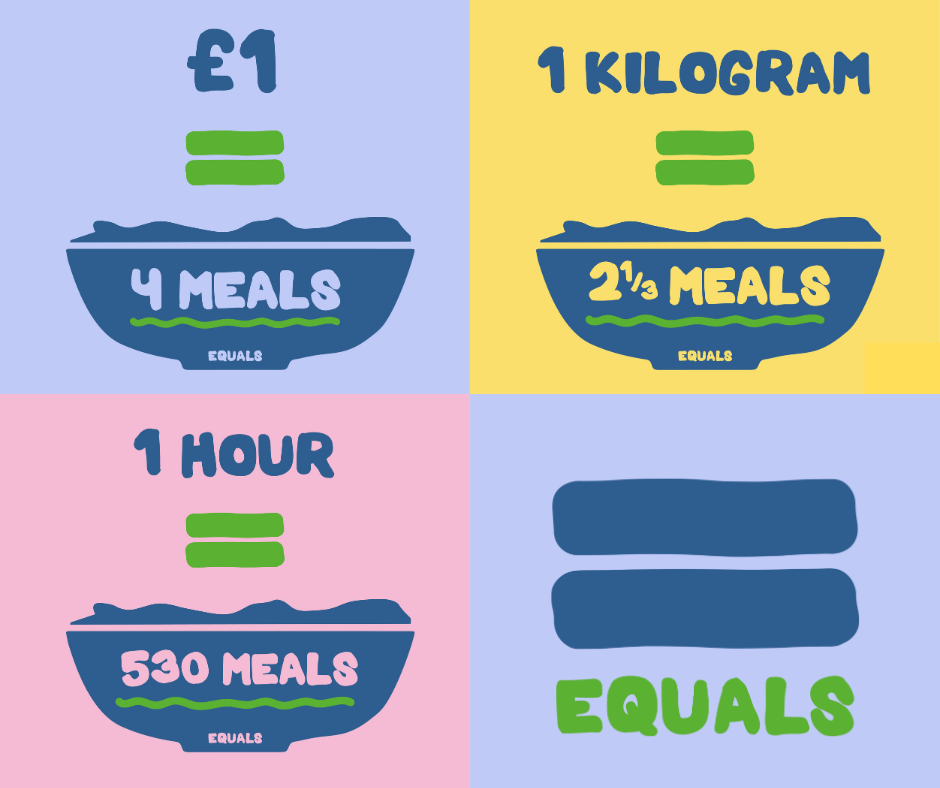City Harvest charity partner, Parkfield Primary School’s Community Boxes have been life lines for families in need.
#feedthefuture
“We’re supposed to be here to teach children to read and write, aren’t we? But they can’t do that if they’re hungry.”
Hunger used to feel so much further away. There it was, far back in time, haunting the desperate faces of Victorian and Edwardian slum children staring sadly back at us from black and white photographs. It also loves to cause devastation in faraway places, where swollen bellies, malnutrition and starvation fill television reports of famine and drought.
Tales of children having to resort to stealing food must surely have come from the pen of Charles Dickens and the pages of Oliver Twist, not the Evening Standard’s damning investigation into the escalating hunger crisis among children living in poverty but who aren’t eligible for free school meals. And nowhere is this dire situation more acute than in the capital. Hunger is happening right here, right now.
Parkfield Primary School in Hendon is one of many schools across the Elliot Foundation Academies Trust doing everything in their power to support vulnerable children and their families. Headteacher Alison Holding tells us her school gives out over 100 weekly community boxes filled with high quality, nutritious food supplied by City Harvest London and other food charities. The schools are finding that the need for food has never been greater.
Headteacher, Alison Holding, has said the Community Box scheme is an opportunity to get to know a family’s situation and learn how they can better support them.
“We started off this year with about 80 families signing up for boxes,” reveals Alison. “Last week it was 110, which is over a third of our population. And it’s not going to get any easier. The weather is just getting to the point where people need to put their heating on and the more expensive energy bills will start kicking in. I think that’s when people are going to really feel the pinch.”
Alison has heard alarming stories emanating from food banks nationally talking of families choosing only to take things that don’t require cooking, because they can’t afford to cook when they get home.
“I don’t know if we’ve got to that point yet to be honest, but it’s going to be something else to think about,” she says.
Alison would welcome even more food in her deliveries to pass on to the growing number of needy families, having witnessed first hand the spiralling cost of food.
“Every now and then someone very kindly gives us a donation and I’ll do a little shop to top up whatever City Harvest brings,” says Alison.
“And I’m really struggling now, because that donation doesn’t go as far as it did before. You really notice.”
So too do the many parents who rely on low paid, insecure employment, often working as taxi drivers, cleaners or in the food industry, occupations that were badly hit during the pandemic. And not all of that work has returned. Despite this many of their children at Parkfield Primary don’t qualify for free school meals.
“For communities like ours the criteria for free school meals has always been a very blunt stick really because we have a lot of families who are struggling but just don’t meet the right criteria,” says Alison. “So there is that borderline group.”
Lunch isn’t the only meal of the day that concerns her. Alison’s next campaign is to try to source funding to enable her school to extend its breakfast club offering to more children arriving hungry in the morning.
Parkfield Primary launched its community box scheme with the support of South London-based charity Rackets Cubed at the beginning of the pandemic, and there is a burst of excitement every time City Harvest driver Jose arrives at the school with his precious cargo.
Jose with his happy helpers at Parkfield Primary this summer.
“Jose comes every week,” says Alison.
“He is amazing and just packs as much into his van as he can bring for us really. And if he didn’t then we wouldn’t be able to do our community boxes. So these deliveries are essential. They definitely make a difference to our families.”
Other members of the charity have also been known to visit in order to better understand exactly what the school’s scheme entails and the kinds of produce that would most benefit its families. For example, they deliver halal meat whenever possible, because around 50 percent of the school community are Muslim.
Alison has noticed a subtle transformation happening since her school introduced the community boxes.
“We have got to know the families better at a different level,” reveals Alison. “I try to be there most weeks to give out the boxes and I think that’s changed how the families are with me. It used to be that if they saw the headteacher coming towards them they assumed their child was in trouble. So that’s improved my relationship with the families.”
Alison became a headteacher 18 years ago. Did she imagine back then that she’d spend so much of her time worrying about whether or not her pupils and their families were going hungry?
“Never in a million years,” admits Alison. “We’re supposed to be here to teach children to read and write, aren’t we? But they can’t do that if they’re hungry.”
Help City Harvest to support London’s communities with free food.





